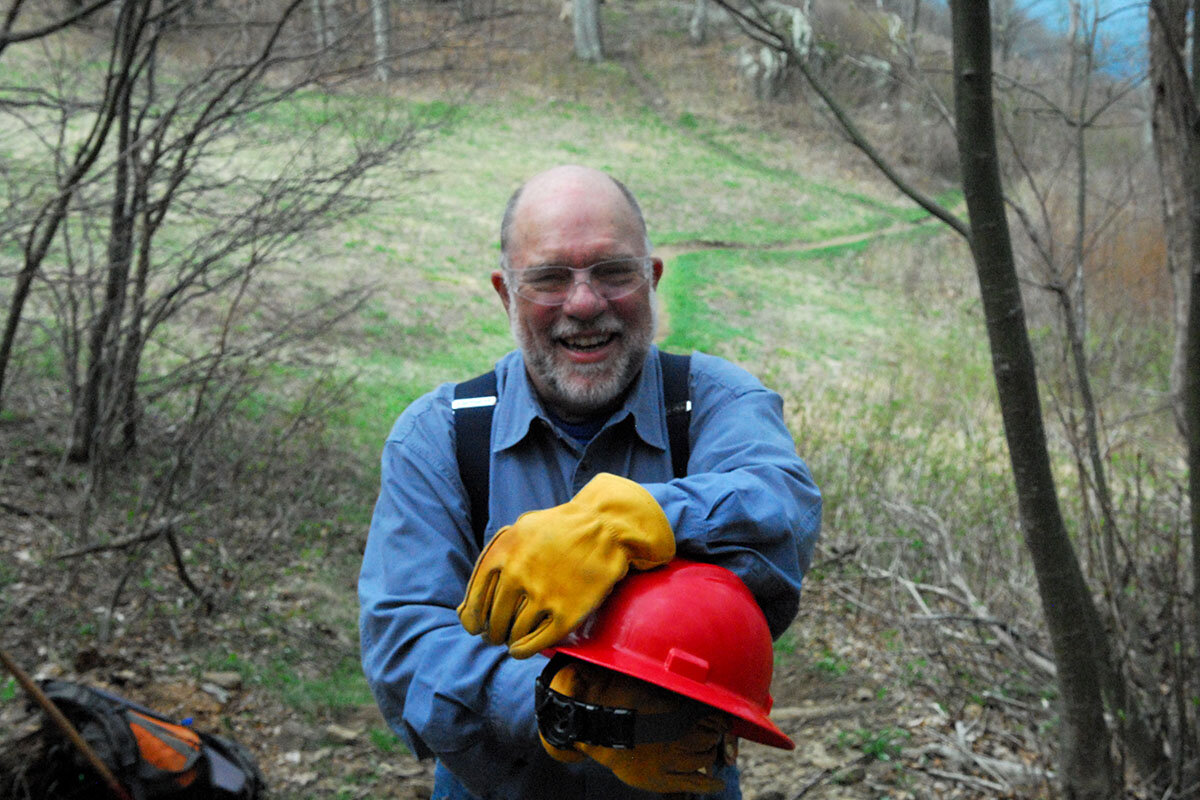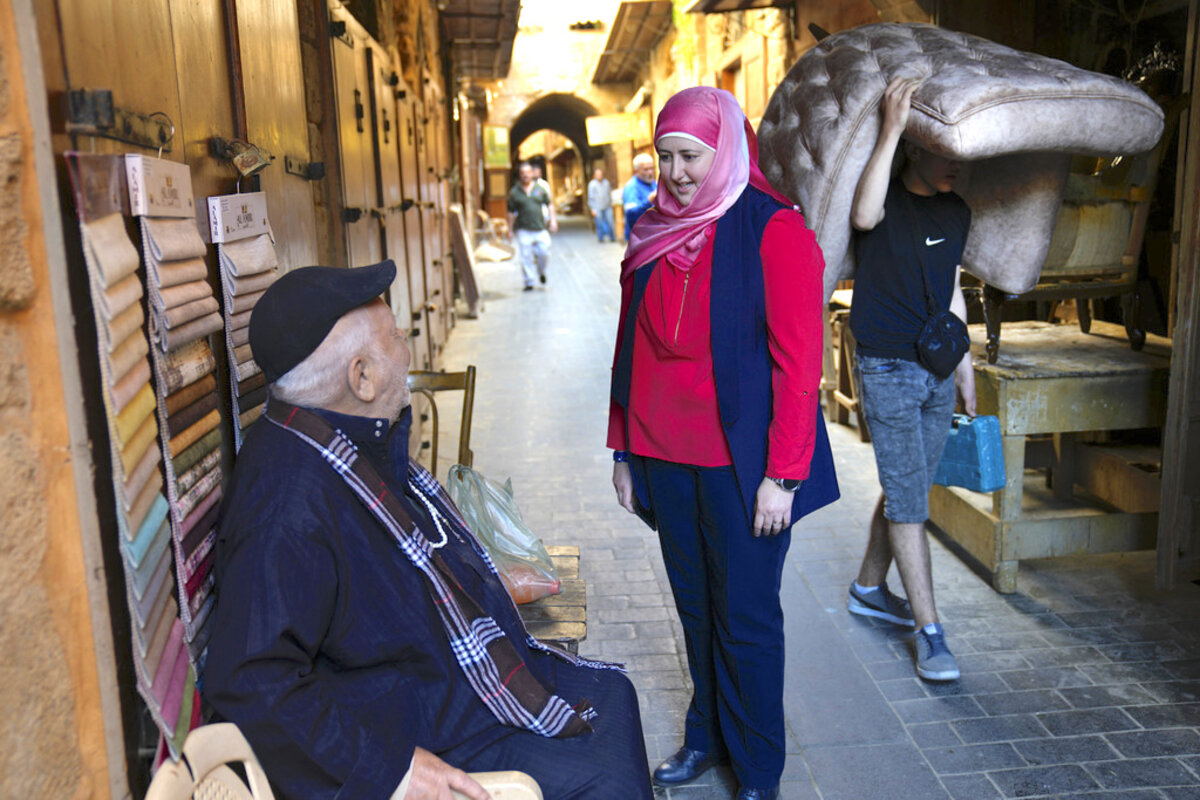A high-profile primary in Georgia is testing the salience of former President Donald Trump’s disproved claims of widespread fraud in 2020. At stake: oversight of the 2024 elections.
Monitor Daily Podcast
- Follow us:
- Apple Podcasts
- Spotify
- RSS Feed
- Download
 Linda Feldmann
Linda Feldmann
“Big John” Fetterman’s easy win in Pennsylvania’s Democratic Senate primary came as no surprise, despite a last-minute health emergency. Now, the literally larger-than-life lieutenant governor – he’s 6-foot-8, and often clad in shorts and a hoodie – will test the idea that the “Democratic Party’s increasingly progressive brand can broaden its appeal, if it comes in radically different packaging,” as the Monitor’s Story Hinckley wrote in a recent profile.
Who his Republican opponent will be remains uncertain, with the top two primary finishers headed for a likely recount. Dr. Mehmet Oz, of TV fame, clearly benefited from the endorsement of former President Donald Trump, while former hedge fund CEO David McCormick represents a more old-style-GOP choice.
In the Pennsylvania governor’s race, Democrats went mainstream with state Attorney General Josh Shapiro, while the Republicans nominated Doug Mastriano – a far-right state senator who fought to overturn President Joe Biden’s 2020 victory in this crucial battleground state. He was also a last-minute endorsee of Mr. Trump, though that seemed more an effort to join the bandwagon of an expected winner.
Both contests could have national implications: The Senate race may determine control of the chamber. And the next governor will get to appoint Pennsylvania’s secretary of state – the official in charge of elections. In most states, it’s an elective position, as the Monitor’s Simon Montlake notes in today’s piece on those increasingly important contests. But in Pennsylvania, if Mr. Mastriano wins, he will oversee the conduct of the 2024 presidential election in the commonwealth.
Four other states held primaries Tuesday, and Trump endorsees had mixed results. Most notable was the defeat of controversial North Carolina Rep. Madison Cawthorn, the young firebrand who so alienated key Republicans that some openly advocated against his renomination. Last year, Ms. Hinckley interviewed him, and posed this fateful question: “Is Madison Cawthorn the future of Trumpism?” Clearly not. But there’s no doubt the spirit and politics of the former president remain central to the Republican brand.









